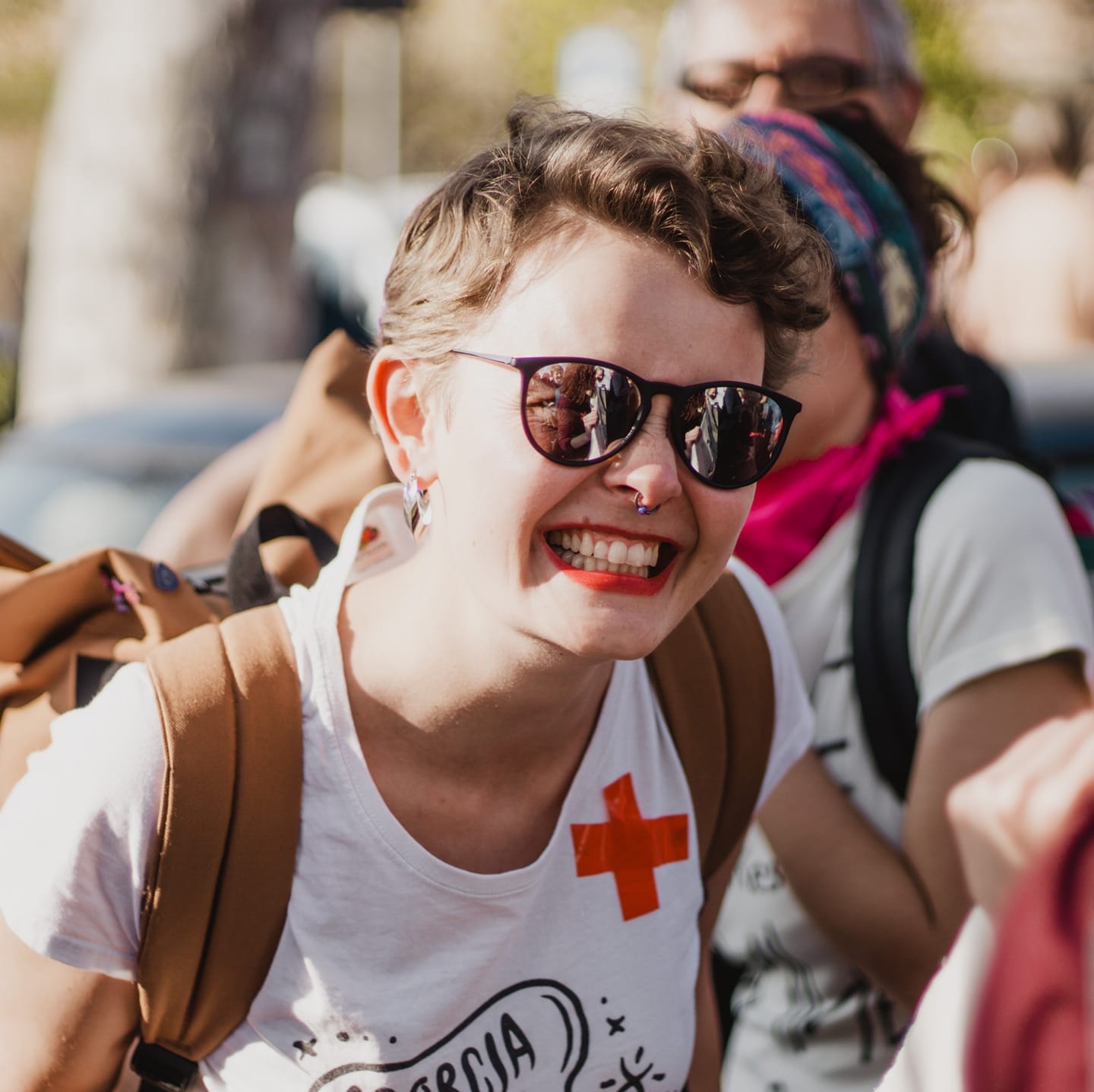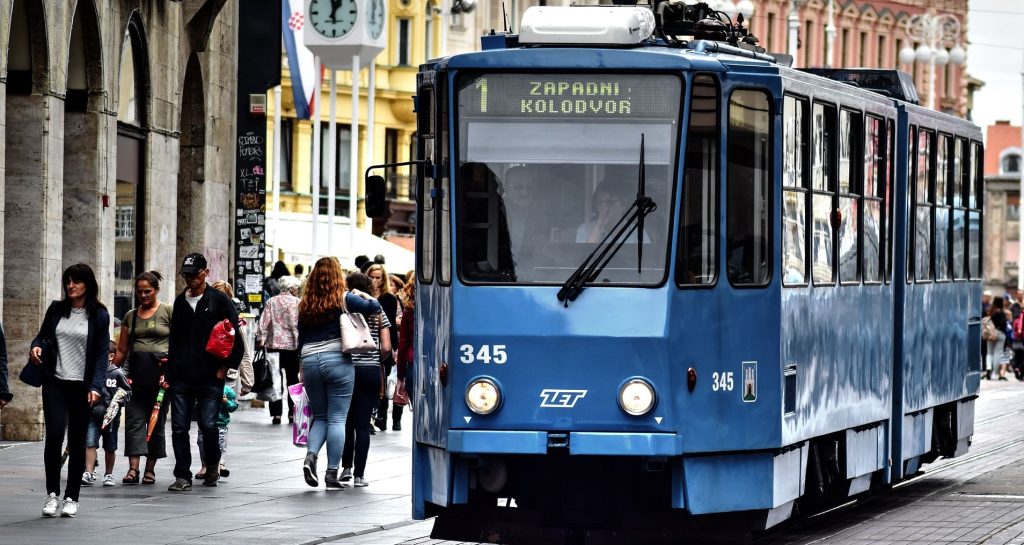August 1, 2020 – The Twitter campaign #zeneujavnomprostoru (women in the public space) has exploded over the last two weeks, detailing stories of sexual harassment and leading many ask, are women safe in Croatia?
Croatia is recognised as one of the safest countries in Europe. And rightly so. People leave their houses and their cars unlocked all the time. It’s an abnormality that there should be a murder or a rape here.
Speak to any female who moved here from another country and they can’t believe the difference; all speak of their initial surprise and, ultimately, their confidence in being able to walk unchaperoned around any Croatian village, town or city. Croatia is incomparably safe, particularly when judged against somewhere like the UK, where you’re lucky to get through a weekend without hearing reports of one or multiple rapes.
But, just because ex-pats feel liberated in their new lives here and you almost never hear of rape, that doesn’t tell the whole story. By and large, though women are free from physical attack and brutal rape by a stranger here in Croatia, that certainly doesn’t mean we can’t ask are women safe in Croatia from sexual harassment.
2019’s annual report by the Ombudsperson for Gender Equality in Croatia stated that, in the last few years, the number of complaints they received about sexual harassment “mainly in the area of labour and employment” had risen considerably.
And, in the past two weeks, Twitter has exploded in response to a campaign started by a women’s rights activist in Rijeka, Marinella Matejčić, who created the hashtag #zeneujavnomprostoru (women in the public space). So far, the campaign has received 4865 responses – retweets, people using the hashtag or women from Croatia (and some from Bosnia and Serbia) submitting stories. Matejčić has been interviewed by all of the leading Croatian portals, Balkan Insight and even the BBC about the unexpected size to which the campaign has grown.
“We already knew that harassment was widespread in public places, the workplace and so on,” says Matejčić, who attributes much of the widespread problem to Croatia still being a patriarchal society. “But, we didn’t expect we’d be able to encourage so many women to share their stories with us. I’m so grateful to those that did.”

Are women safe in Croatia? Marinella Matejčić, the women’s rights campaigner from Rijeka who created the #zeneujavnomprostoru (women in the public space) hashtag © Martina Šalov
“Most of the stories are about harassment,” she told TCN, although she also detailed some stories recounted about sexual behaviour towards minors. “That was the goal; to highlight that there is sexism and harassment happening all around us. We tolerate it because it’s part of the culture from where we came.”
It’s difficult to believe this horrible phenomenon exists when you’re a foreigner who feels so safe in Croatia. And when you’re a man. But, in preparation for writing these words, I asked every woman sat at my table. Each had at least one or several stories to tell, of being shouted at in the street, inappropriately touched. Two women from Zagreb both said that aroused men had pressed up against them on a packed tram. While they were on their way home from school!
“That’s normal here”, said one.
“So, if it’s normal here, does that mean you’re ok with it?”
“Certainly not!”
“It’s not so easy to get everyone to listen when you complain about women having nasty things said or done to them in the street or at work,” says Matejčić. “Some people just don’t see it as harassment. We’ve had quite the backlash. Some people say that women are just being hysterical about this, that they just can’t take a compliment. But, there’s a difference in being offered a compliment and the unwelcome harassment women receive in the street, on public transportation, or in the workplace.”
The dismissive opinions Matejčić details stem from a place of supreme arrogance and misunderstanding. If you want to know about racism, listen to the stories of a Romani family or a black man. If you want to understand homophobia, listen to a gay man or a lesbian. If you want to assess the genuine level of sexual harassment that exists, it is women whose stories need to be heard. Ignorant men have absolutely no place in this discussion other than to respectfully listen.
These problems certainly do not exist only in Croatia. Women are treated as second class citizens in many countries around the world, in many places the level of harassment is much worse. It is perhaps no bad thing that reports of sexual harassment have sharply risen here. Croatia is changing. And for the better. But there’s still some way to go before the catcalls, comments and inappropriate physical behaviour is as reviled as it deserves to be.
“I don’t think that it’s happening more,” says Matejčić, when asked to comment on the Croatian ombudsperson’s report. “I just think more women are finally coming forward to report it.”










